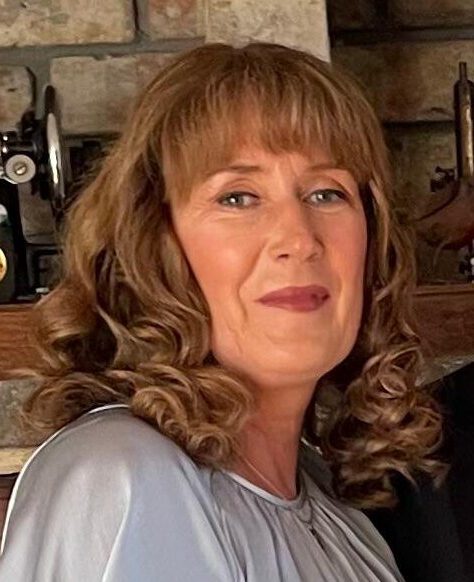Delyth Pannett
There has been a massive surge in the number of new advocates highlighting the different aspects of menstrual health. These include medical expertise in reproductive health, menstrual health education, well-being, holistic approaches, and specific medical conditions, e.g., endometriosis.
Every voice is essential to raising the issues women and girls have faced for centuries. Policies now address Period dignity and strategies to support menstruation in schools, universities, and workplaces. However, we still face the stigma of menstruation, with girls too embarrassed to ask for period products at school and 70% of schoolgirls unable to access a bathroom during their lessons.
In the UK, one in three girls has missed school due to a lack of period products or financial hardship.
Internationally, we receive regular requests for our washable menstrual kits to support women in need. This year, we will provide over 2000 women and girls with these kits and menstrual health education.
The main challenge is funding for all projects, as the demand for menstrual health education and the provision of products is increasing. Budgets for all sectors are under pressure, and choices must be made regarding where we can deliver.
Internationally, we are looking at more long-term sustainable options. These include setting up sewing teams in the countries we serve and providing women with a skill set and employment.
Raising awareness of washable solutions is also critical to a more environmentally sustainable provision.
In the UK, one in three girls has missed school due to a lack of period products or financial hardship.
Internationally, we receive regular requests for our washable menstrual kits to support women in need. This year, we will provide over 2000 women and girls with these kits and menstrual health education.
Better collaboration between menstrual health charities, providers, and governments would be a catalyst. Each organisation or individual has unique strengths and working together to deliver a program or project is a far better use of resources and money.
A recent partnership demonstrated that by working together, we could deliver a project efficiently, cost-effectively, and directly to the beneficiaries within the time frame. This project is already supporting women in need, and the feedback is very positive.
Collaboration between the government and the education sector would enable charities like ours to direct their support to those in need and improve the access, provision, and quality of the curriculum delivered. In addition, collaboration with the business sector could deliver workplace initiatives that have been shown to improve productivity and loyalty to a company.
Empowering women is key to these initiatives. However, to respect the balance in the discussions, plans, and strategies, we must remember to include all those who do not menstruate.

